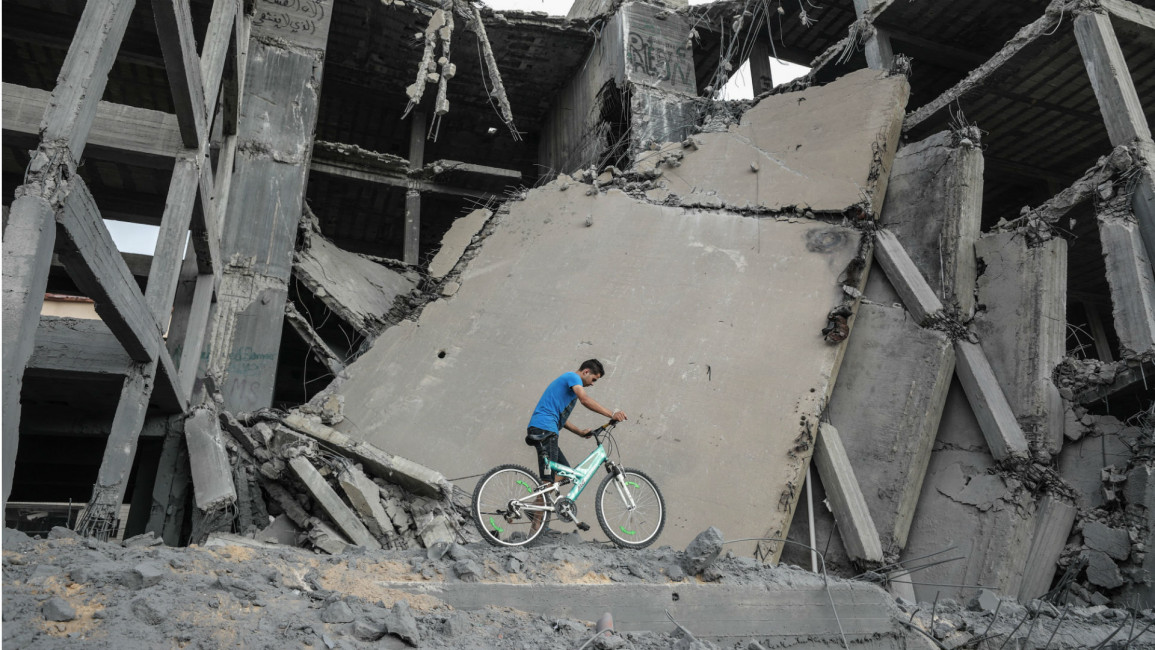Gaza ceasefire holds after Israel's biggest strikes since 2014
Hamas said on Saturday it had reached a ceasefire with Israel brokered by Egypt after Israel unleashed its biggest airstrikes on the Gaza Strip since the war.
Hamas spokesman Fawzi Barhoum said the Islamist movement, which runs the Gaza Strip, had agreed to an "Egyptian offer to return to a ceasefire to stop this escalation".
An Israeli military spokesman declined to comment, but said its actions would depend on what happens on the ground.
The United Nations' Middle East envoy Nickolay Mladenov was in Gaza and "working with all concerned parties to de-escalate the situation," a UN official said on condition of anonymity.
Despite a few lower-level exchanges of fire overnight, relative calm returned to the Gaza Strip.
Twitter Post
|
In one incident on Sunday, an Israeli aircraft fired at what it said was militants launching balloons carrying firebombs over the Gaza border fence. It was not yet clear if there were casualties.
Saturday saw dozens of Israeli airstrikes, killing two Palestinians, while some 200 rockets and mortars were fired from the enclave at Israel.
Four Israelis were wounded when a rocket hit a house in the city of Sderot near the Gaza Strip, authorities said.
The two Palestinians killed were aged 15 and 16, caught in an Israeli strike on a building in the west of Gaza City, the enclave's health ministry said.
Twenty-five people were wounded across Gaza, the ministry said.
Hamas said it fired at Israel in defence in response to airstrikes, which came after a soldier was wounded by a grenade along the Gaza border.
Barhoum added, "the protection and the defence of our people is a national duty and a strategic choice."
The Great Return March demonstrations have called for Palestinian refugees to return to their former homes now inside Israel.
Since the protests broke out along the border on 30 March, at least 145 Palestinians have been killed by Israeli fire.
The majority of those killed were non-violent protesters, as well as journalists, bystanders and a nurse, however a small number were seeking to breach or damage the border fence.
The killings peaked on 14 May when the US opened its new embassy in Jerusalem and 62 Palestinians were killed in one day.



